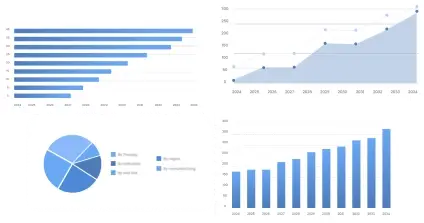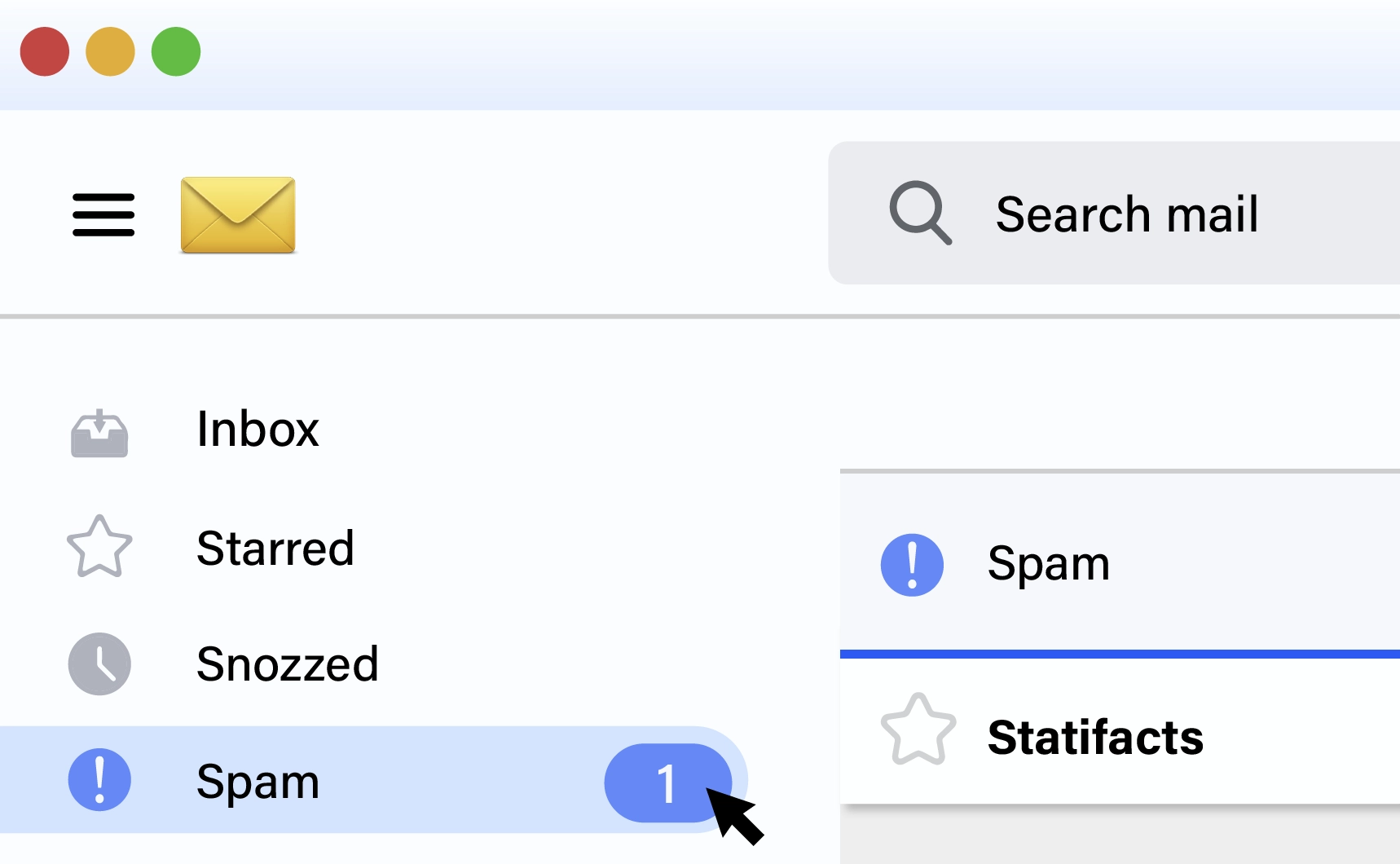
By clicking “Accept All Cookies” you agree to the storing of cookies on your device to enhance site navigation, analyze site usage, and assist in our marketing efforts.
Privacy Policy

The U.S. cancer immunotherapy market size was evaluated at USD 36,560 million in 2024 and is expected to grow around USD 1,06,460 million by 2034, registering a CAGR of 11.28% from 2024 to 2034.
The US cancer immunotherapy market is rapidly expanding. Cancer immunotherapy is a new revolution in the treatment of cancer. It works with the immune system to fight cancerous cells. Growing demand for personalized medicine, advancements in immunotherapy technologies, and supportive regulations are some of the main factors contributing to the biotechnology sector's rapid development and the rising incidence of cancer.
The most significant factors driving the U.S. cancer immunotherapy market have been rapid technological innovations in immunotherapy. Indeed, PD-1/PD-L1 and CTLA-4 inhibitors have transformed the face of cancer treatment by enhancing the patient's ability to mount an immune response against cancer. Advances in CAR-T cell therapy similarly boost better-differentiated and targeted therapies for hematological malignancies. These therapies, coupled with a number of pipeline immuno-drug therapies, are getting under the testing phases; those are all driving a strong rate of market growth in the ensuing years. Furthermore, growing levels of incidence are creating intense pressures on patients looking for new advances in their curative therapies for cancer. The American Cancer Society estimated an unprecedented 1.9 million individuals will receive cancer diagnoses in 2024. The growth in the patient population, coupled with the trend towards personalized medicine, has fuelled the adoption of immunotherapy. Personalized immunotherapy treatments such as neoantigen vaccines and tumor-infiltrating lymphocyte therapies cater to the unique genetic makeup of each patient, ensuring higher efficacy and better outcomes.
Both public and private funding and better regulatory policies have resulted in accelerating the growth of the U.S. cancer immunotherapy market. The FDA has accelerated the whole process of drug approval for immunotherapies. The overall investment in cancer research plus collaboration between biotech firms and research and academic institutes speed up the development of these novel therapies, which adds to market growth.
Although promising, the growth of the U.S. cancer immunotherapy market is threatened by several factors. The most prominent among these factors is the exorbitant price of the treatment. CAR-T cell treatments cost hundreds of thousands of dollars per patient, thus making it impossible for many to access such therapies. The high costs are further exacerbated by the complexity of manufacturing and the requirement for specialized infrastructure. Successful cost reduction and accessibility initiatives will be essential for long-term growth in the market.
Artificial intelligence is essentially simplifying cancer immunotherapy by improving drug discovery, optimizing clinical trials, and enhancing the precision of treatment. AI algorithms can analyze huge databases to flag potential therapy targets and predict a patient's response, thus accelerating the development of effective therapies. Furthermore, AI-driven tools are being utilized to design personalized treatment plans, monitor patient progress, and identify biomarkers for better outcomes. By integrating AI into cancer immunotherapy, researchers and healthcare providers are unlocking new possibilities for improving patient care and market growth.
The U.S. cancer immunotherapy market holds immense growth potential, driven by continuous advancements in biotechnology and increasing awareness about innovative cancer treatments. Newer therapies, namely bispecific antibodies and oncolytic viruses, should open new market opportunities. Moreover, the growth scope for immunotherapy applications in diseases other than oncology, autoimmune diseases, and infectious diseases should provide even higher diversity in the market. Growth opportunities can be unlocked by these strategic collaborations between pharmaceutical companies and research institutions, along with focusing on lowering treatment costs.
The U.S. cancer immunotherapy market is poised for significant expansion, supported by technological advancements, increasing cancer prevalence, and a favorable regulatory environment. Addressing challenges such as high treatment costs and accessibility will be key to ensuring the continued success of this transformative approach to cancer care.
Published by Rohan Patil
| Subsegment | 2024 | 2025 | 2026 | 2027 | 2028 | 2029 | 2030 | 2031 | 2032 | 2033 | 2034 |
|---|---|---|---|---|---|---|---|---|---|---|---|
| Monoclonal Antibodies | - | - | - | - | - | - | - | - | - | - | - |
| Cytokines & Immunomodulators | - | - | - | - | - | - | - | - | - | - | - |
| Checkpoint Inhibitors | - | - | - | - | - | - | - | - | - | - | - |
| Others | - | - | - | - | - | - | - | - | - | - | - |
| Subsegment | 2024 | 2025 | 2026 | 2027 | 2028 | 2029 | 2030 | 2031 | 2032 | 2033 | 2034 |
|---|---|---|---|---|---|---|---|---|---|---|---|
| Lungs Cancer | - | - | - | - | - | - | - | - | - | - | - |
| Colorectal Cancer | - | - | - | - | - | - | - | - | - | - | - |
| Melanoma | - | - | - | - | - | - | - | - | - | - | - |
| Breast Cancer | - | - | - | - | - | - | - | - | - | - | - |
| Head & Neck Cancer | - | - | - | - | - | - | - | - | - | - | - |
| Prostate Cancer | - | - | - | - | - | - | - | - | - | - | - |
| Others | - | - | - | - | - | - | - | - | - | - | - |
| Subsegment | 2024 | 2025 | 2026 | 2027 | 2028 | 2029 | 2030 | 2031 | 2032 | 2033 | 2034 |
|---|---|---|---|---|---|---|---|---|---|---|---|
| Hospitals | - | - | - | - | - | - | - | - | - | - | - |
| Clinics | - | - | - | - | - | - | - | - | - | - | - |
| Cancer Research Centers | - | - | - | - | - | - | - | - | - | - | - |
| Subsegment | 2024 | 2025 | 2026 | 2027 | 2028 | 2029 | 2030 | 2031 | 2032 | 2033 | 2034 |
|---|---|---|---|---|---|---|---|---|---|---|---|
| Hospital Pharmacy | - | - | - | - | - | - | - | - | - | - | - |
| Retail Pharmacy | - | - | - | - | - | - | - | - | - | - | - |
| Online Pharmacy | - | - | - | - | - | - | - | - | - | - | - |
To get full access to our Market Insights, you need a Professional Account or a Business Suite.

You will receive an email from our Business Development Manager. Please be sure to check your SPAM/JUNK folder too.

You will receive an email from our Business Development Manager. Please be sure to check your SPAM/JUNK folder too.

Our customers work more efficiently and benefit from


